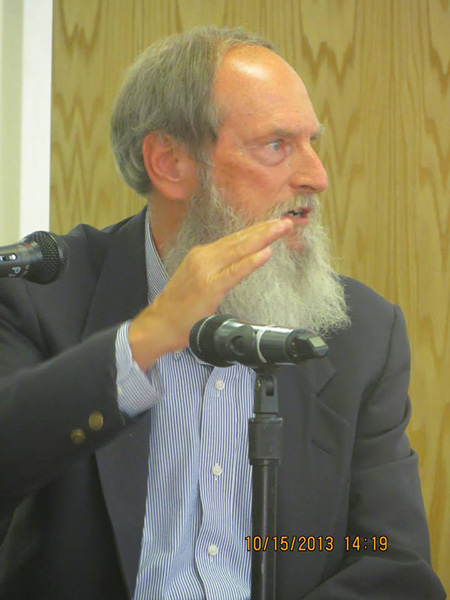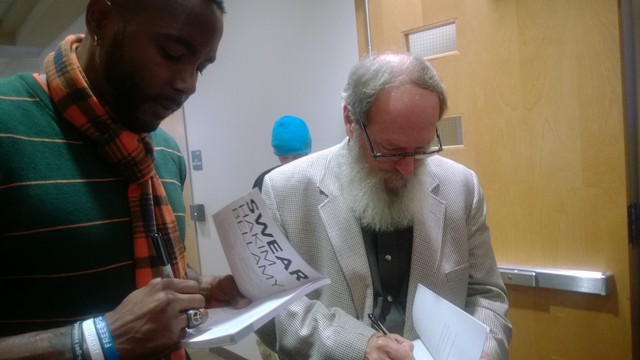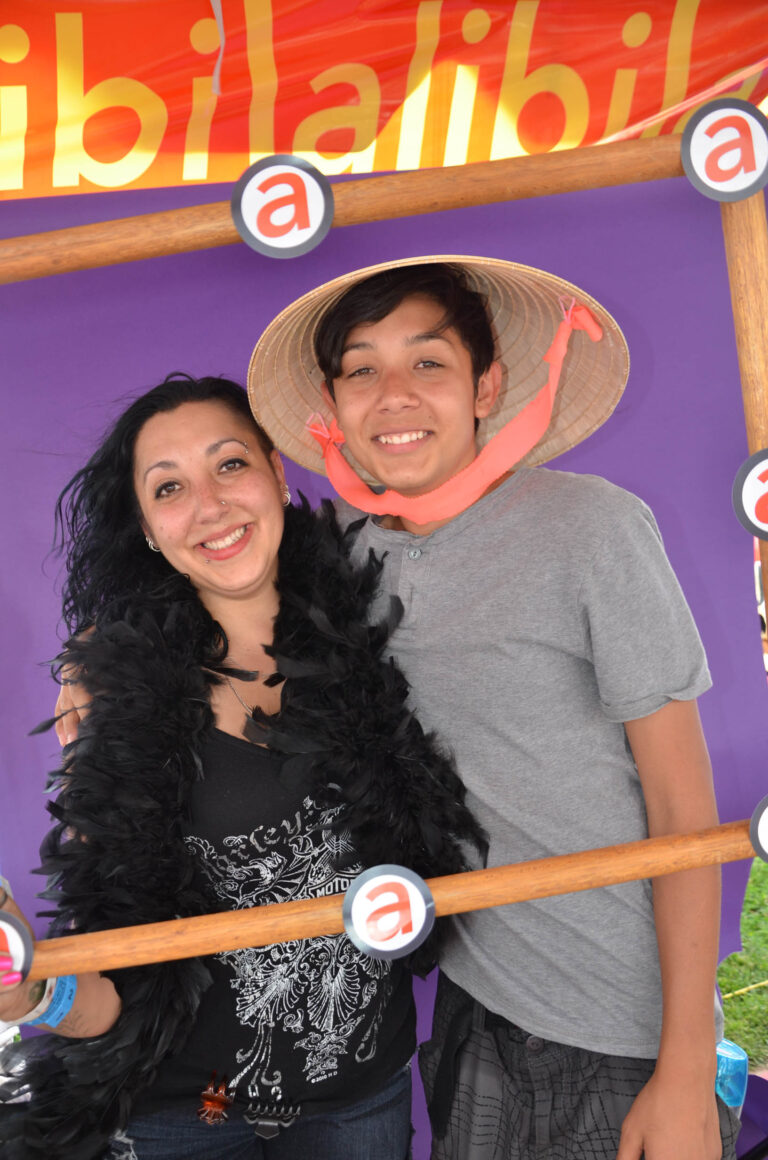Shipler Speaks For The People: Pulitzer Prize-Winning Author Talks Journalism, Human Stories And His Upcoming Book


Shipler and Hakim Bellamy, Albuquerque’s poet laureate, sign their books for each other.
Jennifer Gomez-Chavez



